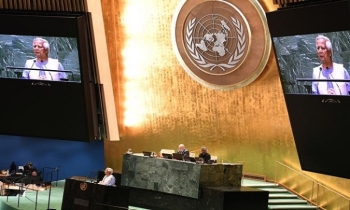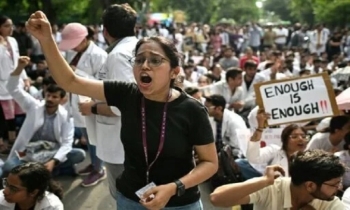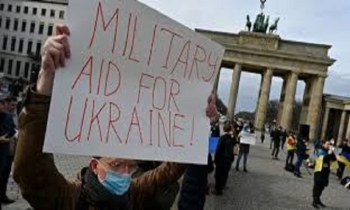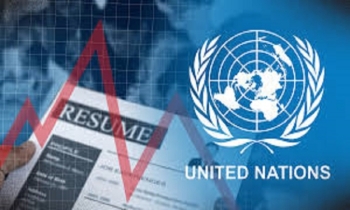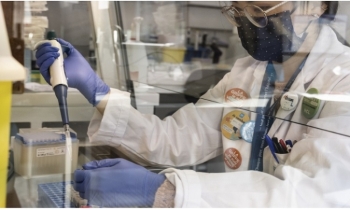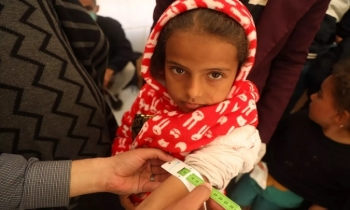Strong int’l cooperation key to economic recovery: WTO deputy DG
BI Report || BusinessInsider
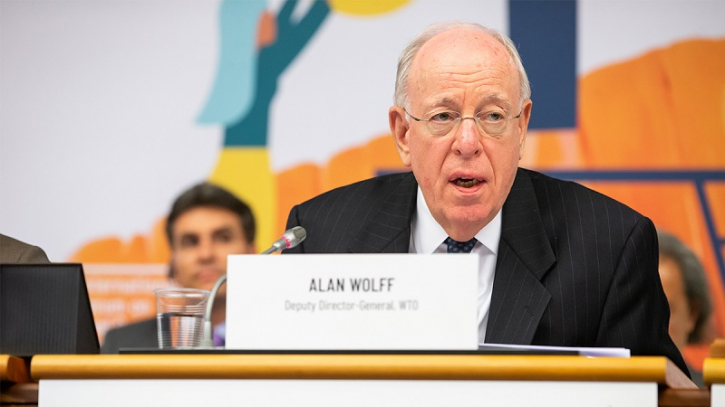
WTO Deputy Director-General Alan Wolff. Photo: WTO
World Trade Organization (WTO) Deputy Director-General Alan Wolff has underscored the need for reinvigorated international cooperation on trade to accelerate the response to Covid-19, support the needed economic recovery and enhance economic growth and opportunities for people around the world.
He made the remarks while speaking to the heads of the United Nations, the World Bank, the International Monetary Fund and other international agencies in Geneva, Switzerland recently, reads a news release.
During the meeting, Wolff provided an overview of current trends in global trade, arguing that “more trade, not less” would be necessary to achieve a panoply of objectives in public health, peace and security, environmental sustainability, and the economy.
“Closing off markets would only make us more vulnerable, and less prosperous,” he said, calling for a strong recommitment to making multilateralism work, as an antidote.
“While the trading system alone cannot solve the problems facing the world, it can assist in providing solutions.”
He said global trade saw a modest uptick in recent months, a function of extraordinary fiscal and monetary measures as well as the fact that trade restrictions have been confined to a limited number of sectors and products.
However, services trade declined by 30% over the 12 months to the second quarter of 2020, with travel and tourism hit particularly hard, and the present prospects are at best clouded, he told the heads of the international agencies.
The global response to the pandemic has not yet succeeded in curbing either the threat to health or the ongoing damage to the global economy.
While the pandemic exposed some of the fragilities that come with economic interdependence, it has also revealed considerable strengths, for example, trade has been a key means of ramping up access to medical supplies, observed the WTO deputy director.
Value chains have shown a surprising degree of resilience; preliminary data suggest global trade in intermediate goods has fallen less sharply than trade in final goods — implying that value chains now account for a higher share of world merchandise trade than they used to.
Even the world’s most sophisticated economies rely on others for certain medical goods, not to mention agricultural products, he said.
While the trading system alone cannot solve the problems facing the world, it can assist in providing solutions.
The WTO can be a forum in which to bridge differences and build trust, said Alan Wolff.
More trade, not less, will bring essential medical supplies, drugs, and even the vaccines, to where they are needed, and assure food security in the face of both the pandemic and severe climate events, the WTO official added.
Broadly open international markets are essential and must be anchored in cooperatively determined rules, he underscored.

